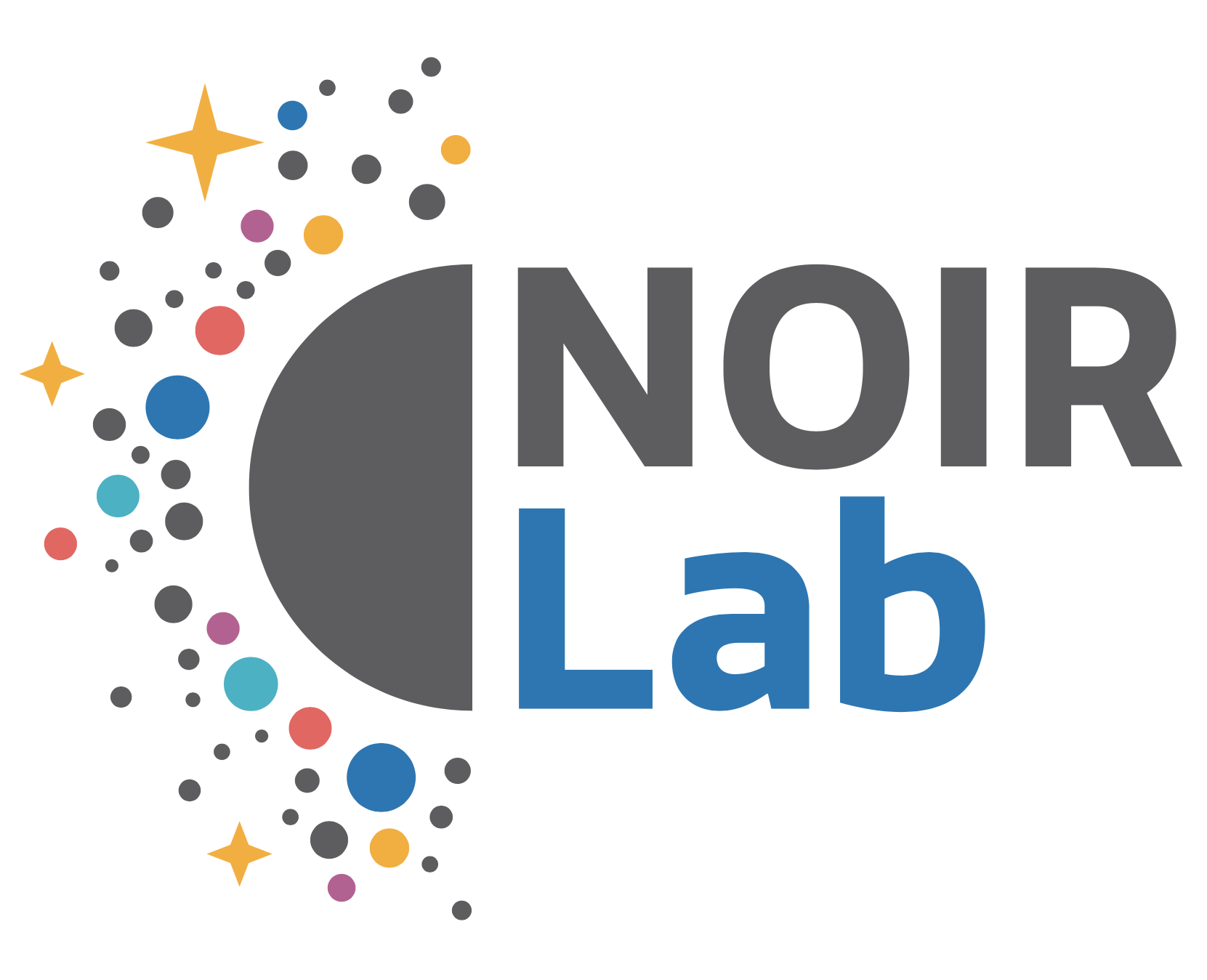Today’s @NOIRLabAstro discuss about the first results from M-dwarf Advanced Radial velocity Observer Of Neighboring eXoplanets a.k.a MAROON-X with Dr. Jacob Bean


Today’s @NOIRLabAstro discuss about the first results from M-dwarf Advanced Radial velocity Observer Of Neighboring eXoplanets a.k.a MAROON-X with Dr. Jacob Bean

Today’s @NOIRLabAstro will have @halfastro discuss with Kareem El-Badry on how he led a team that discovered a black hole that is not actively consuming material and that is also the closest currently known black hole to Earth.

A recent gamma ray burst appears to be the brightest of all time and was observed very quickly by multiple instruments. In this podcast, Jillian Rastinejad discusses the discovery of this gamma ray burst and the follow up observations with the Gemini International Observatory

The Dark Energy Camera (DECam) is an extremely powerful imager mounted on the Victor M. Blanco 4-meter Telescope at Cerro Tololo Inter-American Observatory in Chile. DECam has 570 megapixels that cover 3 square degrees of the sky. In this podcast, Alistair Walker describes the history of the Dark Energy Camera, its first 10 years in operation, and looks to what the future holds.

By harnessing the capabilities of the 8.1-meter Gemini South telescope in Chile, which is part of the International Gemini Observatory operated by NSF’s NOIRLab, astronomers have obtained the sharpest image ever of the star R136a1, the most massive known star in the Universe.

Short gamma ray bursts are caused by the merger of two neutron stars. However, not all short gamma-ray bursts are associated with galaxies. In this podcast, Brendan O’connor, described recent research into the host galaxies of short gamma-ray bursts.

Quasars are very distant and luminous objects powered by supermassive black holes. Today NORLab discuss about the discovery of the most distant supermassive black hole and quasar & what can we learn from it.

Neptune and Uranus have much in common but their appearances are notably different. Today, @halfastro discuss with Dr. Patrick Irwin about the differences in the colors of Uranus and Neptune.

The Solar System, the Moon and its features, the stars, the constellations, the properties of light, and the preservation of dark skies will be some of the topics featured in the Scholar Astronomy Program, part of NOIRLab’s Star Educators program

The Astronomy in Chile Educator Ambassadors Program (ACEAP) brings amateur astronomers, planetarium personnel, and K-16 formal and informal astronomy educators to US astronomy facilities in Chile. In this podcast, Tim Spuck described the ACEAP program and how interested educators can apply.